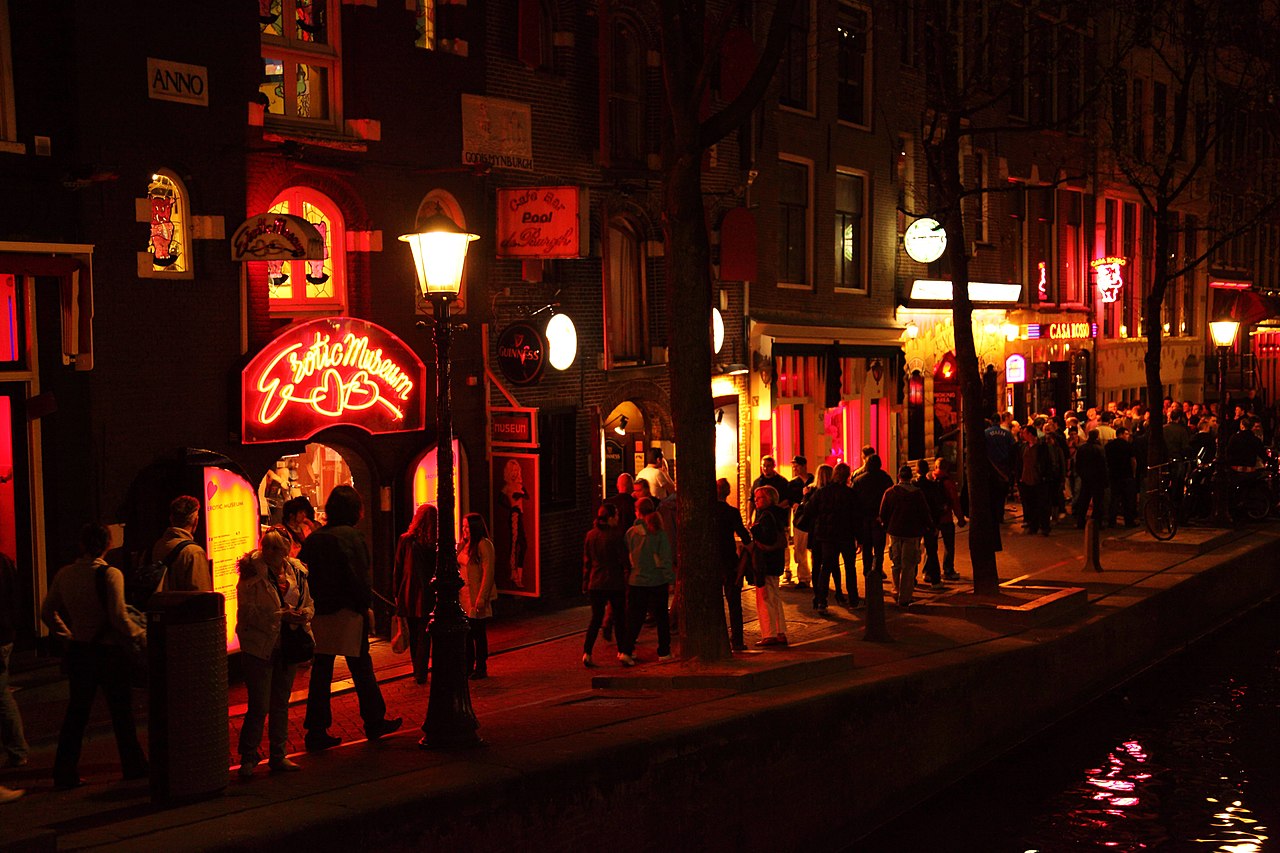Amsterdam’s world-famous De Wallen sex tourism district has long been a point of contention within the city – now, city politicians hope to discourage criminals and poorly behaved-tourists visiting the district by moving the district’s vast array of sexual services elsewhere.
The proposed erotic centre would be a multi-story building where sex workers could legally offer their services, which Amsterdam Mayor Femke Halsema hopes “it’s possible to create an erotic centre that has some class and distinction and isn’t a place where only petty criminals and the most vulnerable women gather.”
Local residents living near proposed sites have banded together to protest the development of a “mega brothel” in their suburban neighbourhoods, fearing the impact it could have on the surrounding areas.
Halsema responded to the outcry, saying “I also realize there is a long road ahead of us because most people associate sex work with crime and with the vulnerability of women, with human rights being violated. So in most neighbourhoods, most people are not very enthusiastic about the erotic centre.”
However, it’s not just concerned suburbanites taking issue with the mayor’s plans.
The erotic centre is just one of many changes proving to be deeply unpopular with the sex workers who currently work within the city, including the Wallen red light district.
Phoebe, a sex worker and coordinator for the district’s Prostitution Information Centre spoke to journalists about the changes.
“We’ve seen quite some dramatic changes,” said Phoebe.
“I think a lot of us were expecting to maybe not see an impact for a couple of weeks, or maybe months, but from the first night, there’s been some quite dramatic changes.”
From April 1st, restrictions were brought in to prevent window operators – and the sex workers who rent the window spaces – from operating between the hours of 3 a.m. to 6 a.m., a change many sex workers have criticised as being detrimental to their livelihood and safety.
The reduced operating hours have led to soaring prices for occupants who face greater competition to advertise within the limited hours, in addition to the loss of income from clientele who visit the district in the early hours of the morning.
Furthermore, the 3 a.m. closing time leaves sex workers far fewer options to travel home safely, now facing dark streets and vastly reduced public transit options.
Sex workers who protested the changes were told that they were difficult and unwilling to compromise, but protestors felt the compromises that were offered to them compromised their safety, income, and overall perception in the eyes of the public.
“It’s difficult to compromise with people who are either asking you to compromise in such a way that it damages your well-being and your safety, or they’re not willing to compromise with you at all unless you agree with what they’re saying,” said Phoebe.
“And that, to me, is not compromise.”






